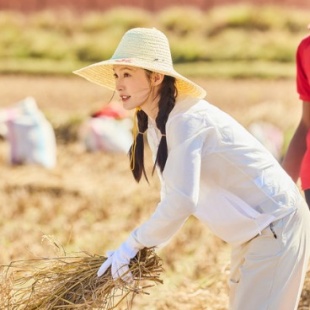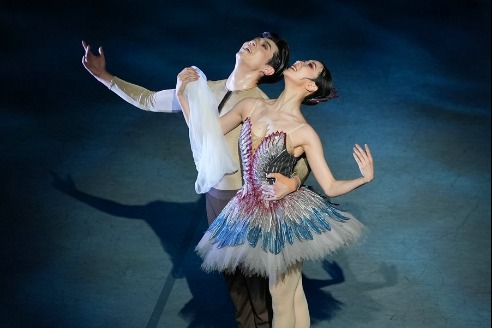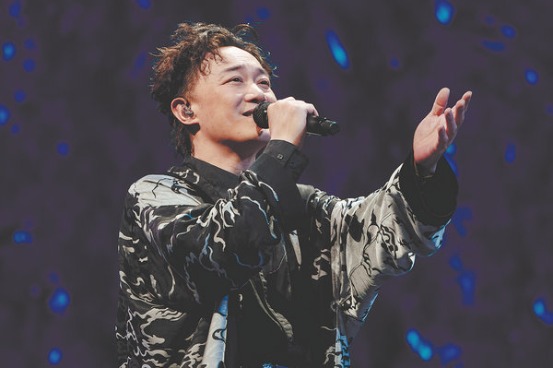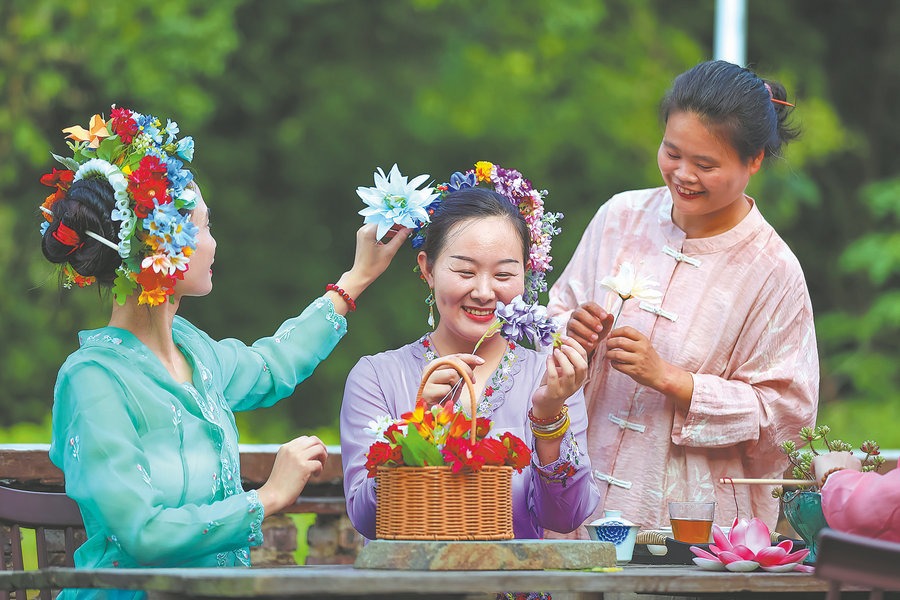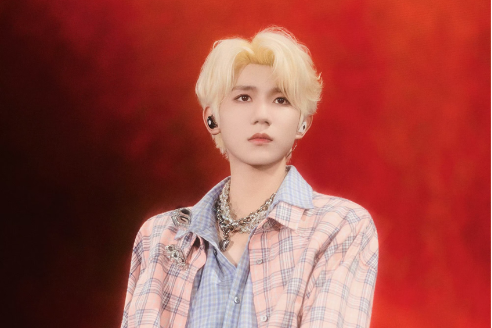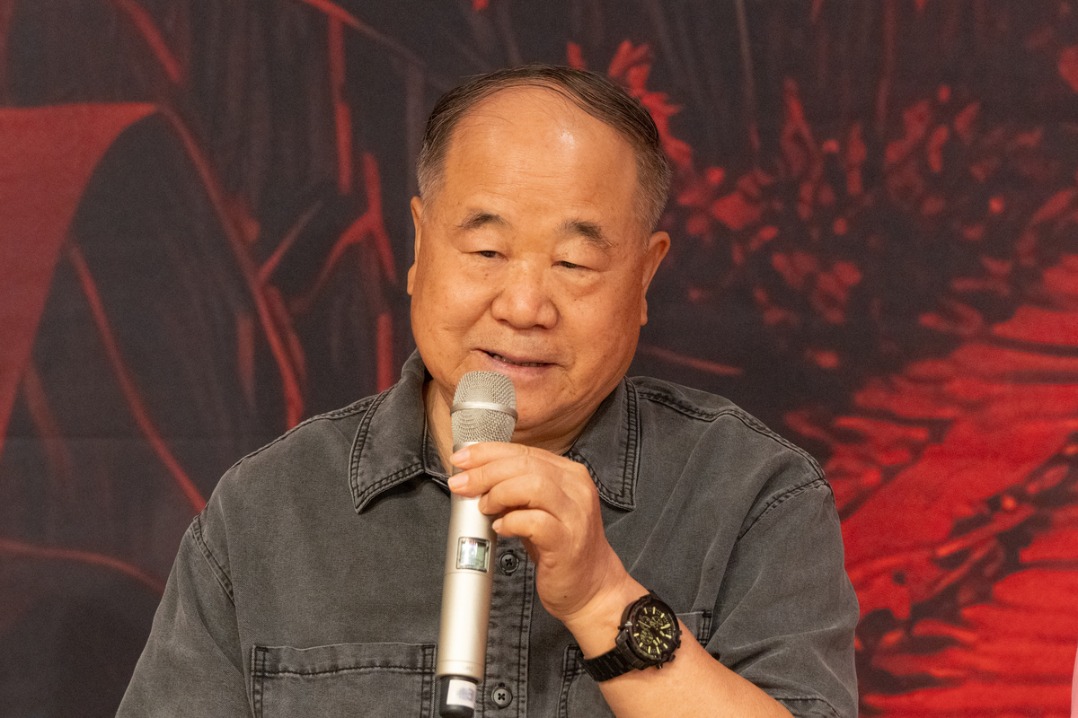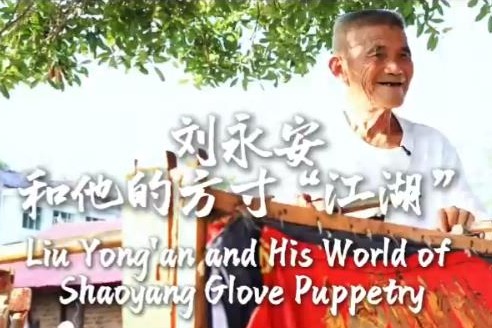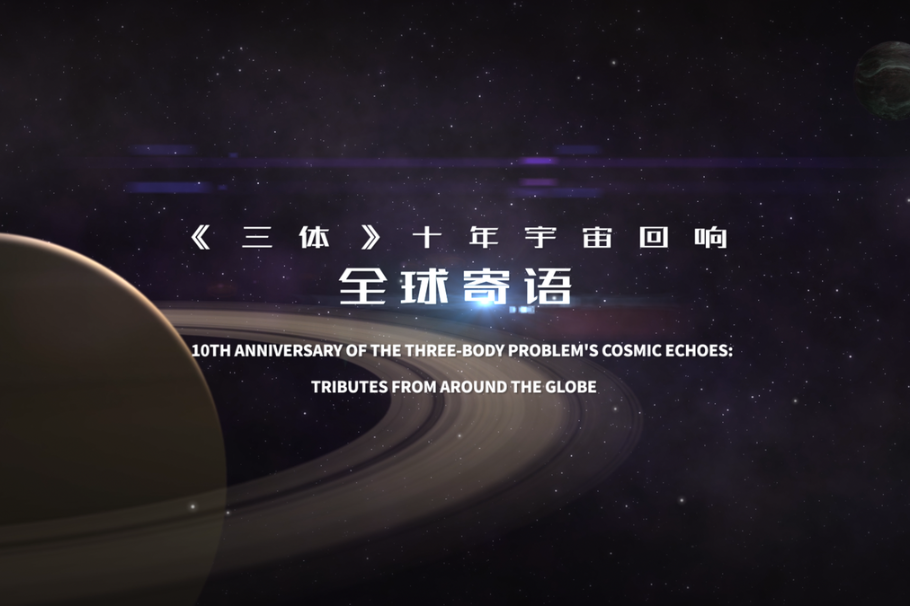Reality series has 'divas' working on BRI projects

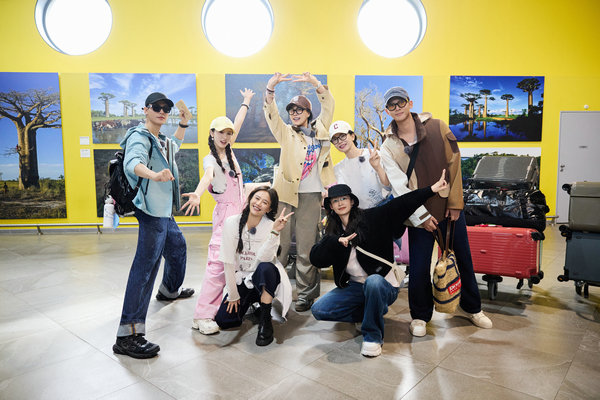
A recent reality travel show takes a group of Chinese celebrities, including singers, actors and hosts, from the domestic spotlight to the sun-scorched rice fields of Madagascar. There, they cut rice with sickles, operate harvesters, and thresh grain by beating it against metal barrels.
The seventh season of the reality travel show Divas Hit the Road aired on Hunan Satellite TV and Mango TV, guiding audiences through the perspective of celebrities — singer Na Ying, actresses Chen Shu, Ma Sichun, and Li Qin, host Zhang Yaqi, and actors Gong Jun and Zhang Wanyi. During the show, the celebrities work on cooperation projects under the framework of the Belt and Road Initiative in Madagascar, Egypt and other countries, while on their 25-day journey.
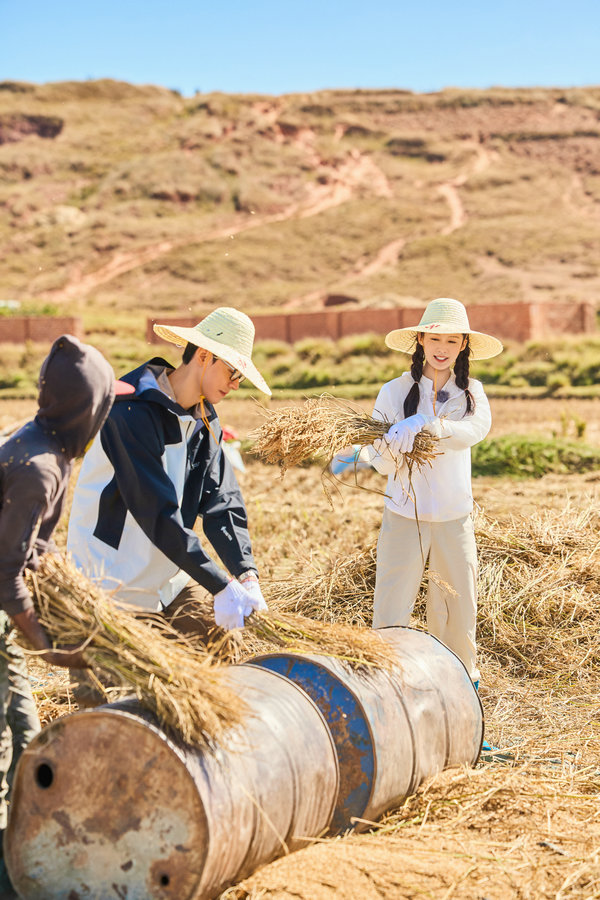
In the first episode, the stars visit a hybrid rice demonstration center in Madagascar. In Luxor, Egypt, they observe how the city's museums utilize micro-trace scanning technology provided by Chinese technical teams to document cultural relics.
Zhang Wanyi recalls that the experience of harvesting rice left him physically exhausted, yet filled with a deep sense of joy and accomplishment.
In 2007, Madagascar launched the hybrid rice demonstration center. Agricultural experts from Chinese crop scientist Yuan Longping's team arrived in the country to test seeds across various rice-growing areas, aiming to help the locals achieve the dream of food self-sufficiency.
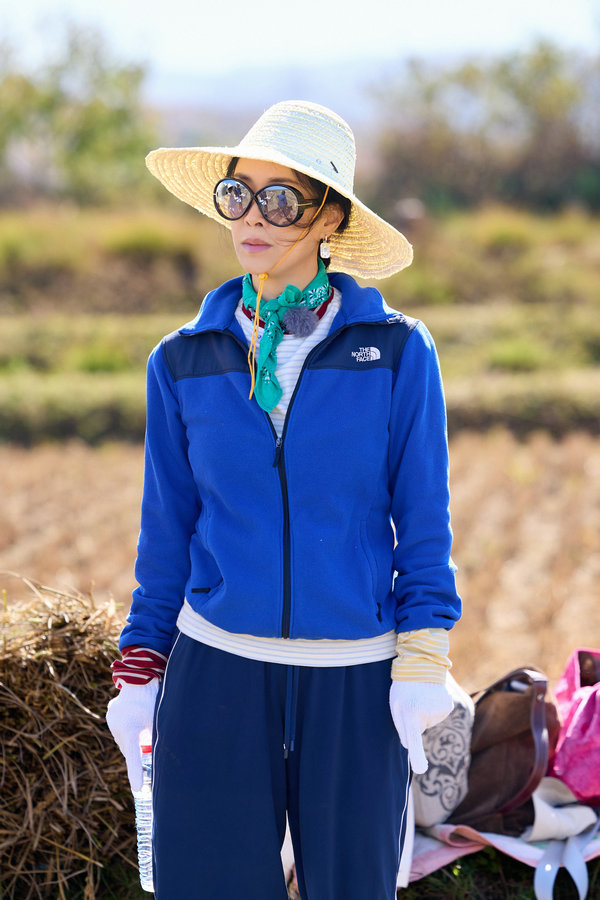
Hu Yuefang, 68, was one of those experts, spending over 18 years in Madagascar, during which he and his team successfully developed hybrid rice varieties that could adapt to the country's high, medium, and low-altitude regions.
He set up small blackboards in the fields to share technical knowledge, taught the locals how to prevent and control crop diseases and pests, and rode his motorcycle through rice paddies to answer farmers' questions.
He has traveled to nearly every rice-growing area on the island, always carrying a notebook to record the local language and learn native dialects.
"I experienced food shortages as a child. Yuan's hybrid rice greatly improved China's food self-sufficiency. I deeply admire him," Hu shares.
"We want to bring hybrid rice technology to more people. Currently, hybrid rice accounts for 6 percent of Madagascar's total planting area. If it reaches 15 percent, Madagascar will become the first food self-sufficient country in Africa," Hu says of his vision.
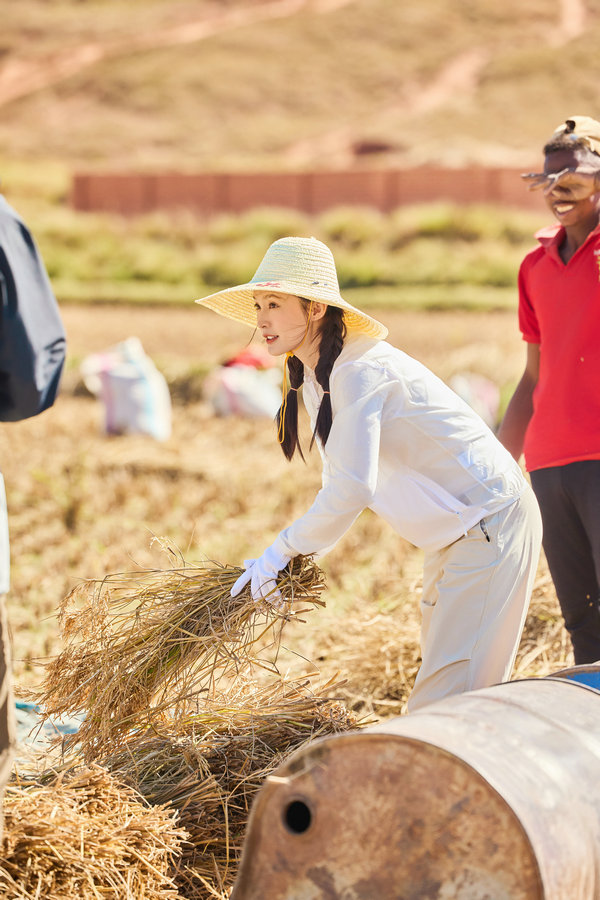
The reality show took the seven-member celebrity group to Hu's workplace, where they worked with him in the fields, cooked together, and took photos of Hu and his colleagues interacting with local communities.
Zhang Yaqi shares that she met a local woman who, thanks to growing hybrid rice, was able to not only feed her children but also support their education.
"This story left a deep impression on me," she reflects. "It made me realize the profound impact of introducing hybrid rice technology to Madagascar."
Hu remarks that the show has captured the real situation in Madagascar.
"We are not only here to teach technology; we are making friends and living life together.
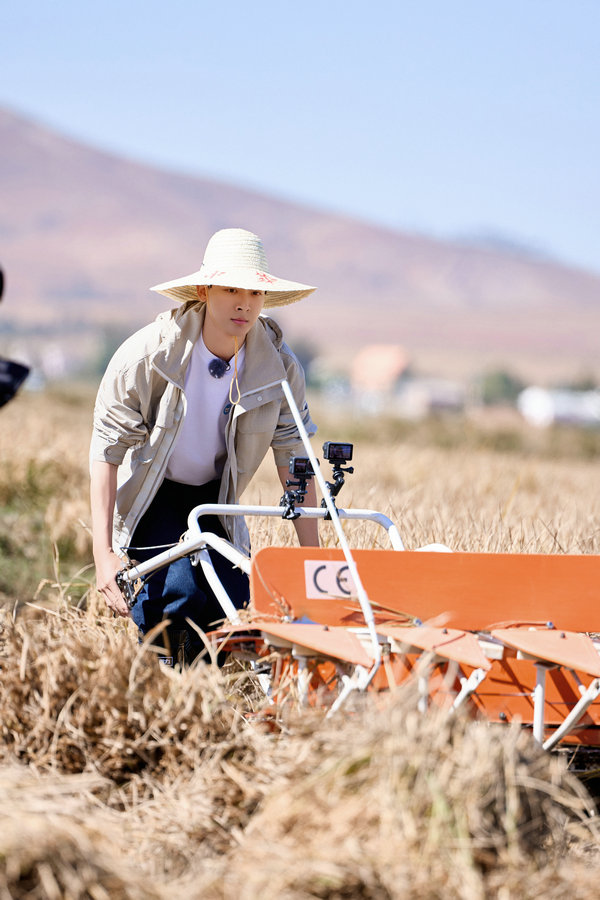
"The show allows more people to see the sincerity and warmth within China-Madagascar cooperation and people-to-people bonds. I hope more stories like this will be told, so that the seeds of cooperation, friendship, and hope can take root in more places," Hu says.
Jean Louis Robinson, Madagascar's ambassador to China, notes that the reality show will also be aired in his home country. He expressed confidence that the program will provide Chinese audiences a window to better understanding Madagascar, while also creating an opportunity for Madagascans to gain insight into contemporary China.


